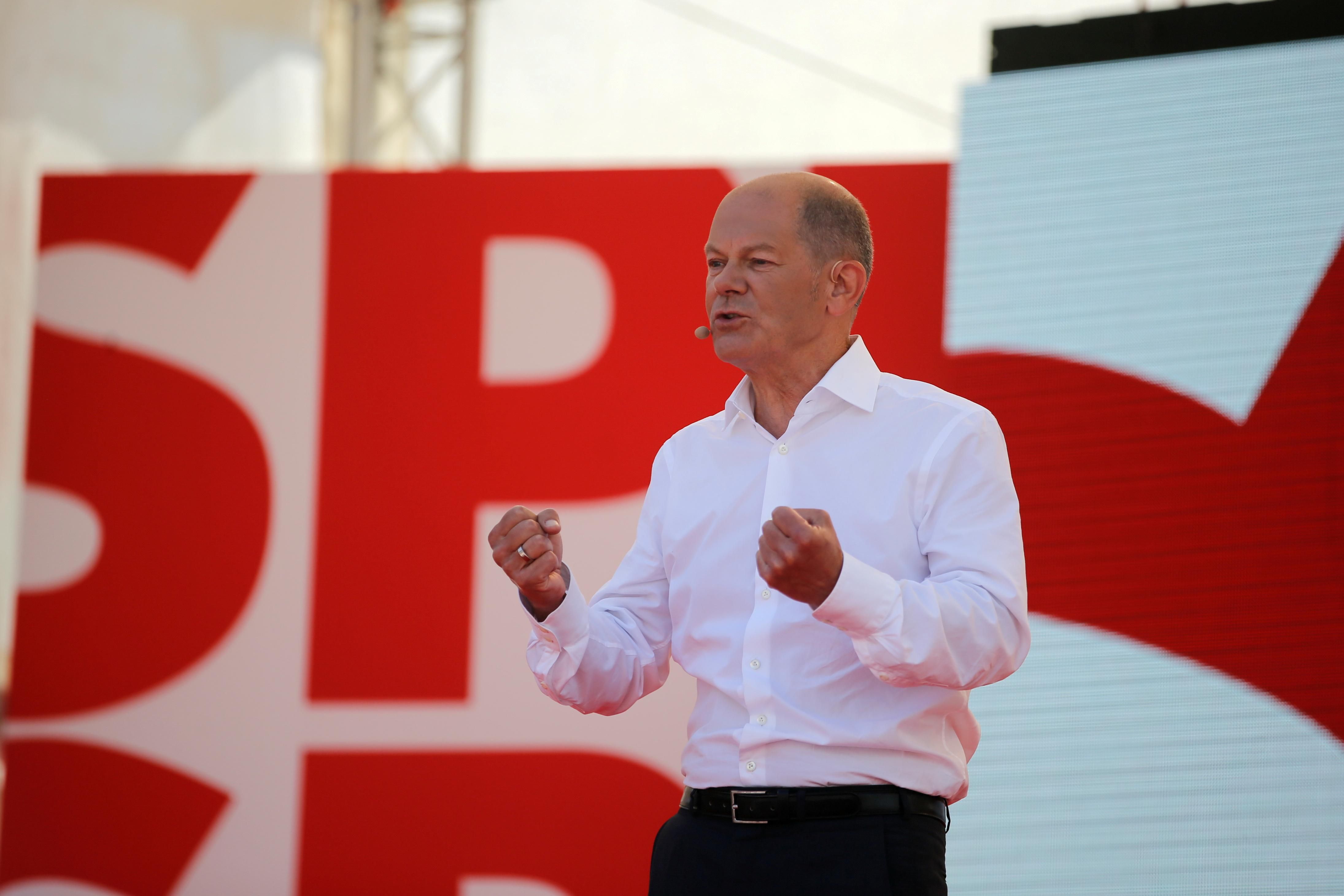Hard Numbers: German social-dems surge, HK pulls a 1984, vaccine inequity losses, Indonesian prez takes a hit
23: Exactly one month before Germany's federal election, the center-left SPD party is leading the polls for the first time in the campaign. Twenty-three percent of Germans now say they'll vote for the SPD, which over the summer has benefited from a series of missteps by the candidates of the CDU/CSU and the Greens, both earlier frontrunners.
$130,000: Hong Kong censors may soon start checking not just new films but also old movies to strike out any potentially subversive content against China. Under a proposed new censorship law, anyone caught showing in Hong Kong an uncut version of a picture deemed a national security risk for the mainland will face a maximum fine of $130,000.
2.3 trillion: The combined economies of those countries expected to not vaccinate at least 60 percent of their populations against COVID by mid-2022 stand to lose a staggering $2.3 trillion, according to a new model by the Economist Intelligence Unit. Two-thirds of them are developing nations, which global vaccine inequity will leave even further behind developed countries with high vaccination rates.
59: The approval rating of Indonesia's President Joko Widodo has fallen to 59 percent, its lowest level in five years. Widodo, who was re-elected in 2019, has been criticized for his government's haphazard response to one of the worst COVID outbreaks in Southeast Asia.
